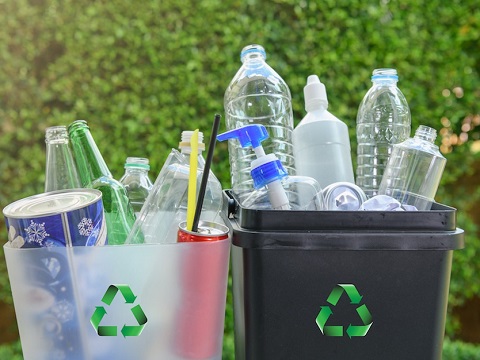Plastic waste is a growing concern worldwide, and finding sustainable solutions is crucial. One effective method is recycling polyethylene terephthalate (PET), a common plastic used in everything from water bottles to food packaging. By understanding and implementing best practices for recycle PET, we can significantly reduce plastic waste and its impact on the environment.
Understanding the Benefits of Recycling PET
Recycling PET offers numerous benefits that extend beyond waste reduction. First, it conserves natural resources. By recycling, we reduce the need for raw material extraction, thereby preserving valuable resources like oil and gas. This not only helps maintain ecological balance but also reduces the environmental footprint of plastic production. Additionally, recycling PET supports energy conservation. Producing new plastic from raw materials requires a significant amount of energy, whereas recycling processes use substantially less. This energy efficiency translates into lower greenhouse gas emissions, contributing to climate change mitigation efforts.
Enhancing Environmental Health through PET Recycling
Implementing effective recycling practices for PET significantly reduces landfill waste. Plastics take hundreds of years to decompose, occupying landfill space and posing threats to wildlife and ecosystems. By recycling PET, we divert this waste from landfills, promoting a cleaner and healthier environment. Furthermore, recycling PET helps decrease pollution. The process of breaking down and reusing plastic limits the release of harmful chemicals and pollutants into the air and water. This reduction in pollution contributes to cleaner air quality and safer drinking water, benefiting both human health and wildlife. Engaging in PET recycling also fosters community involvement and education. By advocating for recycling programs and raising awareness about the importance of reducing plastic waste, communities can work together towards sustainable solutions. This collective effort not only educates individuals but also inspires action towards creating a more environmentally conscious society.
Economic Advantages of PET Recycling
Recycling PET is not only beneficial for the environment but also offers economic advantages. It creates job opportunities in the recycling industry, ranging from collection and sorting to processing and manufacturing. These jobs contribute to economic growth while fostering innovation in recycling technologies and processes. Additionally, recycling PET can lead to cost savings for businesses. By incorporating recycled materials into their production processes, companies can reduce expenses associated with raw material procurement. This cost-effectiveness encourages businesses to adopt sustainable practices and invest in recycling initiatives.
Promoting Sustainable Practices through PET Recycling
The widespread adoption of PET recycling encourages sustainable business practices. Companies that prioritize recycling demonstrate their commitment to corporate social responsibility, attracting environmentally conscious consumers. This shift towards sustainability enhances brand reputation and fosters customer loyalty, ultimately benefiting businesses in the long run. Recycling PET also supports the development of a circular economy. By closing the loop on plastic production, we create a system where materials are continuously reused rather than discarded. This approach minimizes waste, conserves resources, and reduces environmental impact, paving the way for a more sustainable and resilient future.
Taking Action for a Greener Future
Individuals can contribute to reducing plastic waste by adopting simple yet impactful practices. Start by recycling PET products in your home and workplace. Educate yourself and others about the importance of recycling and support local recycling programs. Choose products made from recycled materials to encourage demand for sustainable options. By actively participating in PET recycling efforts, we can collectively make a difference in reducing plastic waste and protecting our planet for future generations.











